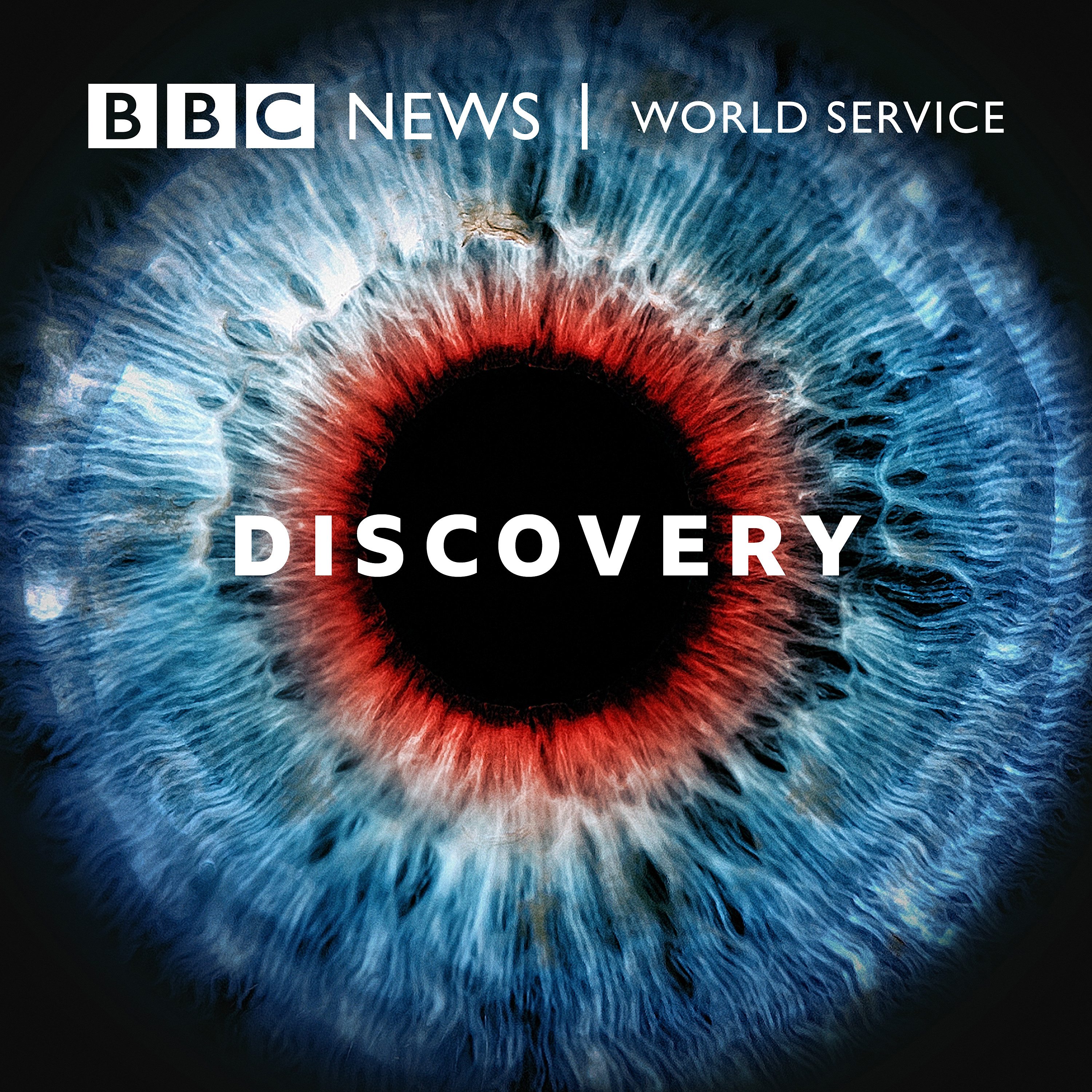
Discovery
May 28, 2022
Today The Evidence goes green as Claudia Hammond and her panel of experts discuss plant power, how nature and the natural environment affect our mental health.
Produced in collaboration with Wellcome Collection and recorded in front of a live audience in the Reading Room at Wellcome Collection in London, the programme addresses that widely-held view, even intuition, that plants and nature directly impact on our emotional wellbeing.
As always, Claudia and her panel of experts are interested in the evidence behind such beliefs, and as they reveal, proving this link scientifically, is fiendishly difficult.
The evidence base is growing (especially studies which show being in nature improves your mood) and there is much emerging research which gives tantalising glimpses into exactly which elements in nature could help to produce that green feel-good factor (and which elements can actually make us feel worse).
On stage, a 25 year old semi-professional footballer shares how he first put his hands in the soil after the Grenfell Tower fire in North Kensington in London five years ago, when 72 people lost their lives and left his community traumatised.
Tayshan tells Claudia that nature saved him, and many others, as they planted seeds, re-claimed spaces and built new gardens in the aftermath of the tragedy. All children and young people, he says, should have access to the healing power of nature and he calls on the horticultural establishment to open its doors much wider to enable this to happen.
Beth Collier too, believes that nature should be a meaningful part of everyday life for all. The connection with nature, she says, is fundamental to healing mental distress. A psychotherapist and ethnographer, Beth founded Wild in the City to encourage those who live in urban environments, especially people of colour, to re-connect with nature.
Claudia’s other guests are Kathy Willis, former Director of Science at the Royal Botanic Gardens, Kew, now Professor of Biodiversity at the University of Oxford and author of a soon-to-be-published book called Prescribing Nature and Birgitta Gatersleben, Professor of Environmental Psychology at the University of Surrey and a leading researcher studying the relationship between the natural environment and human wellbeing.
Produced by: Fiona Hill and Maria Simons Studio Engineers: Duncan Hannant and Emma Harth
(Photo: Footpath through a forest Credit: Nik Taylor/UCG/Universal Images Group/Getty Images)

